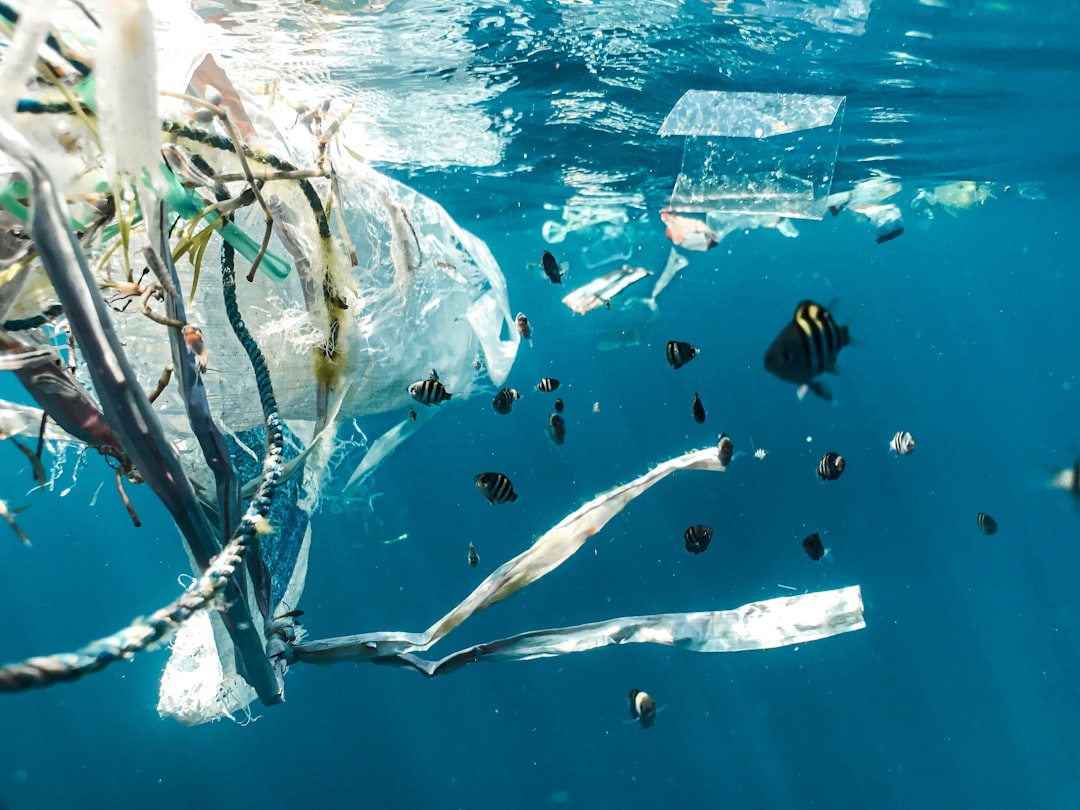Contaminated Killer Whales, Plastics & Ocean Pollution
Dr. Peter Ross is an internationally recognized ocean pollution expert working as a senior scientist with Raincoast Conservation Foundation.

It was a the Great Pacific Garbage Patch, and it is absolutely heartbreaking. It is approximately twice the size of Texas, and some of the plastics in the patch is 50 years old.1 According to National Geographic, 80% of the plastics come from land-based sources - meaning they were dumped in the ocean. 2 This has far…
Keep reading with a 7-day free trial
Subscribe to Nuanced. to keep reading this post and get 7 days of free access to the full post archives.

